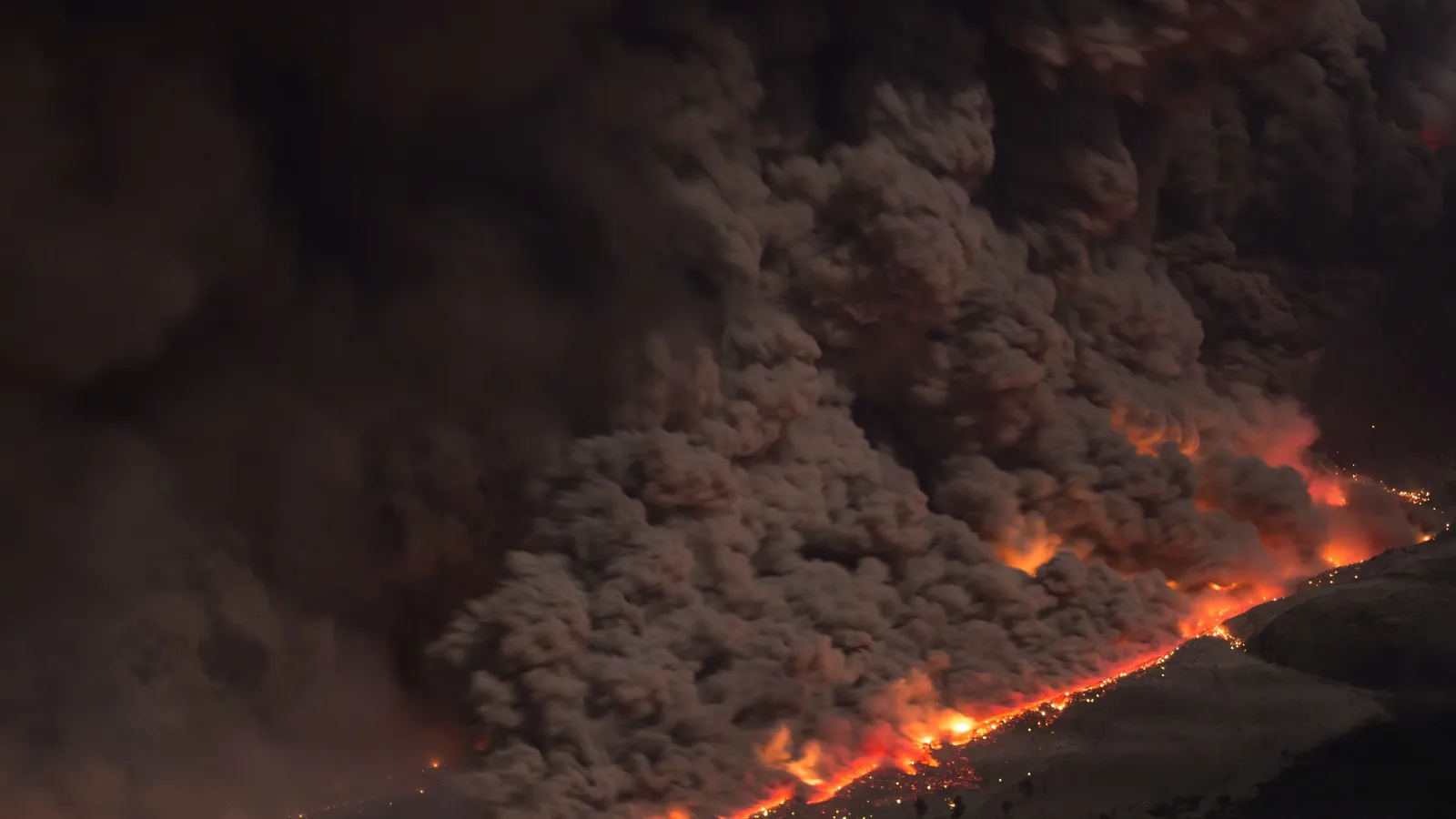Protect Your Home & Family in the Event of Natural Disasters

September is National Preparedness Month. From snowstorms to hurricanes and everything in between it is wise to know what to do in the event of an emergency or natural disasters.
No one wants to think about natural disasters happening to them or in their town, but the fact is, it could happen, and it won't be when you expect it. Don't wait until after a disaster strikes to talk to your family.
Don't wait. Now is a good time to go over this list of tips on how to keep you and your family safe in the event that any natural disasters occur, especially in hurricane season.
There are many different types of emergencies that can strike in very different areas of the country, so it is prudent to be prepared by knowing what each type of emergency entails.
Prepare for Natural Disasters with an Emergency Communication Plan
The family emergency plan details what your family should BEFORE you need to do it.
The plan breaks down important family information because everyone needs to know what to do if a natural disaster or emergency happens. Friends and family will want to know if everyone is safe, so include information, such as:
- household information.
- school and work information.
- out-of-town contacts.
- emergency meeting areas.
What and who else should be involved in the communication planning?
Involve Your Children in the Planning
If your children are old enough to understand, get them involved in preparing for natural disasters because it includes facts about earthquakes, tornadoes, and blizzards, as well as what to have ready if a storm is coming. It also has games to help kids prepare and know what to do.
Help kids feel involved and let them prepare a kit like the one listed on the site. This may ease their worries if you live in an area that often gets storms.
Involve Elderly Loved Ones in the Planning
If you have older loved ones at home or nearby, make sure they know how to get in touch in the event of any natural disasters or emergencies, which may mean showing them how to text.
Additionally, regularly check their smoke detectors, floors and rugs, and, if you think it necessary, get them an emergency alert system for their home.
Involve Pets in the Plan
Keep your pets safe by including them in your emergency plan. Things like bringing your pet inside before a storm, making sure your have food, medications, and other necessities ready, and having a carrier on hand can make a huge difference in keeping your pets safe in the event of an emergency.
Take Measure for Home Preventative Maintenance to Stay Safe
Keep your home safe by having someone come out and check and fix any problems with your furnace, hot water heater and air condenser.
Why?
Emergencies may not be the large scale, town-affecting kind. They may be in your home. Fires and poor air quality are two devastating results of poor home maintenance.
From pets to elderly friends and family and any young children, always have a plan in place for your family to follow in the event of a home fire. Check your smoke alarms regularly and learn about fire prevention and safety.
Advanced Plans For Natural Disasters
As they say, police, fire, and other rescue services are not always going to be able to reach everyone during potential natural disasters, as everyone will need them.
The National Weather Service offers a detailed list of what to do in the case of natural disasters. They suggest being your own rescue simply through preparation.
Naturally, one of the main suggestions includes having a weather app on your phone so that you always know what is coming, preparing a disaster supply kit that includes items like:
- food.
- water.
- first aid kit.
- flashlights.
- whistle to signal for help.
If an emergency strikes and you need to use your car as a means of getting to safety, there are some things you should be ahead of time in order to make sure your car is emergency ready. Things like keeping your gas tank full, checking your antifreeze levels in winter, and having good tires will help keep you and your family safe.
After all, it is never too early to prepare for natural disasters in order to keep your family safe!

